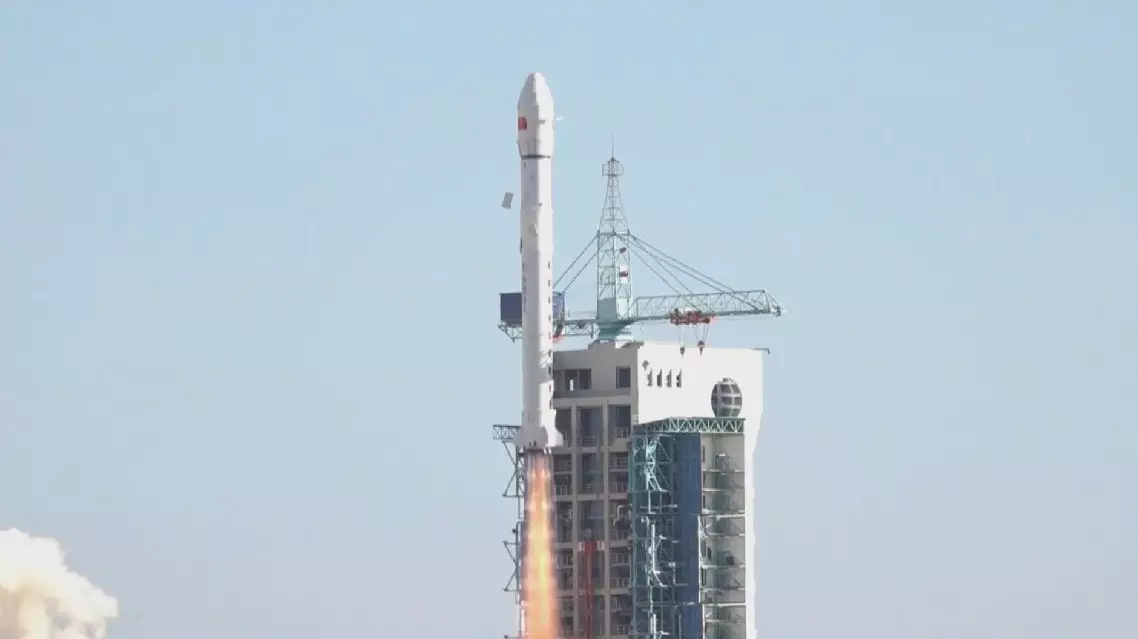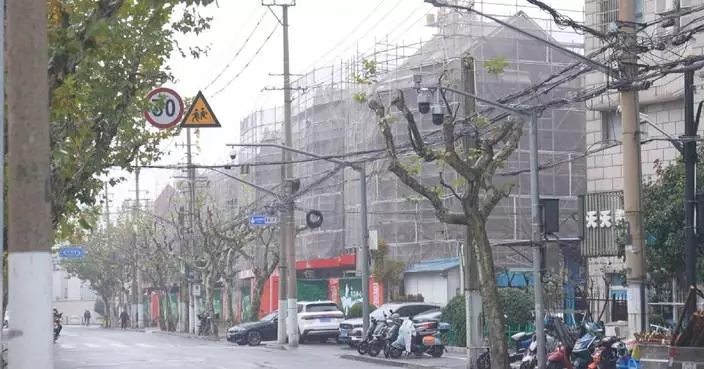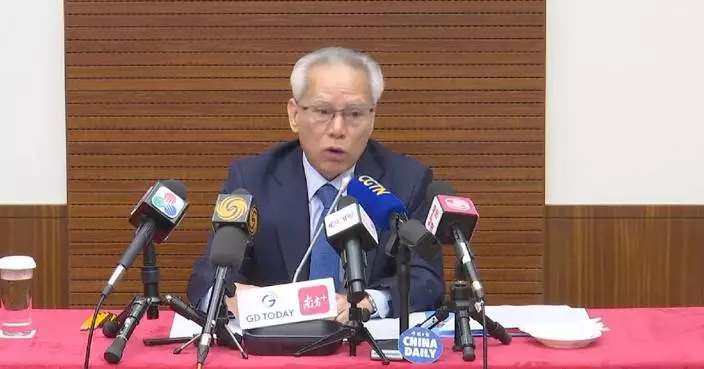The Version 3.0 China-ASEAN free trade agreement (FTA), which concluded its upgrade negotiations at the 27th China-ASEAN Summit in the Lao capital city of Vientiane on Thursday, has made substantial upgrades across nine key areas.
The upgrades cover the following areas: the digital economy; the green economy; supply chain connectivity; standards, technical regulations and conformity assessment procedures; sanitary and phytosanitary measures; customs procedures and trade facilitation; competition and consumer protection; small and medium-sized enterprises; and economic and technological cooperation.
Through the upgraded deal, both sides will enhance mutually beneficial cooperation, effectively promoting in-depth integration of regional industrial and supply chains, advancing East Asian economic integration, and injecting robust positive momentum into their free trade and open cooperation.
The 3.0 version also incorporates rules for emerging fields such as the digital economy, the green economy, and supply chain connectivity, marking significant breakthroughs and establishing a new benchmark for regional trade and economic regulations.
"First, the rules in emerging fields have achieved new breakthroughs, with the addition of chapters on the green economy and supply chain connectivity. In the field of the digital economy, the 3.0 version has added a wider range of content such as artificial intelligence, financial technology and digital divide, so the content is more comprehensive with higher standards,” said Yuan Bo, director of the Asian Institute under the Research Institute of the Ministry of Commerce.
"There are also new developments in the rules of traditional fields. For example, in terms of customs procedures, a new service standard system has been established in terms of advance rulings, and some new cooperation mechanisms have been added. In terms of transparency, the rules and standards have also been further improved," she said.
The upgraded agreement also includes provisions for the digital economy and e-commerce, ensuring more comprehensive consumer protection. Additionally, the consensus on supply chain connectivity rules will further enhance stable and sustainable trade in goods and services between China and ASEAN countries, providing greater certainty for enterprises to expand their cooperation in these areas.
"In the field of trade facilitation, some higher-standard rules have been reached, which can further help companies reduce trade costs and promote interconnectivity and mutual access of the markets on both sides," Yuan said.
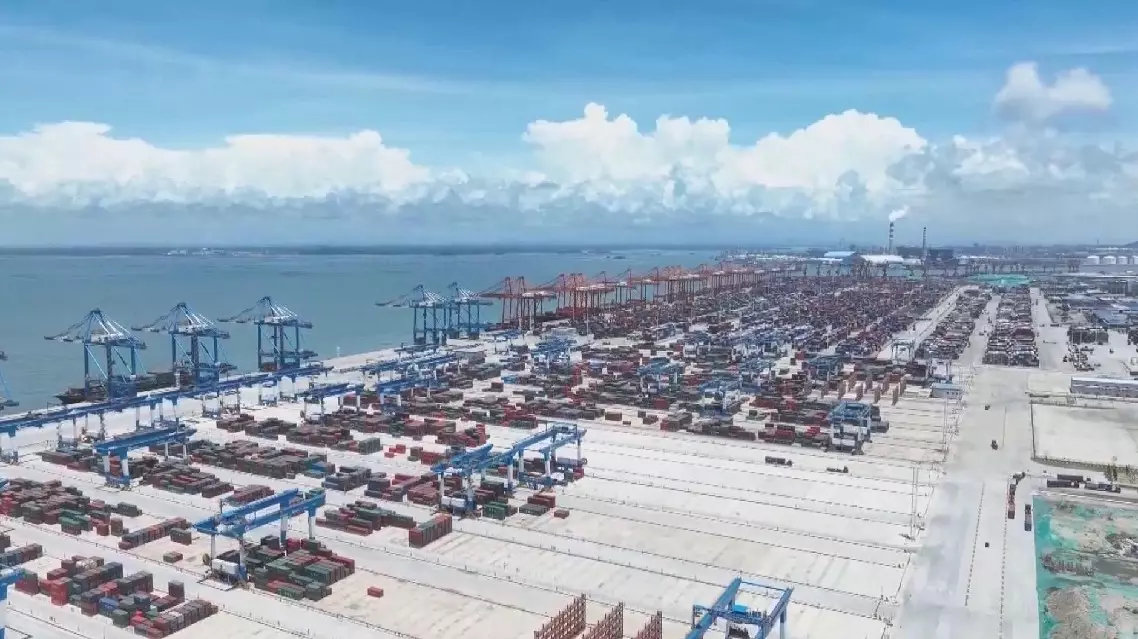
FTA 3.0 between China, ASEAN features upgrades in nine key areas
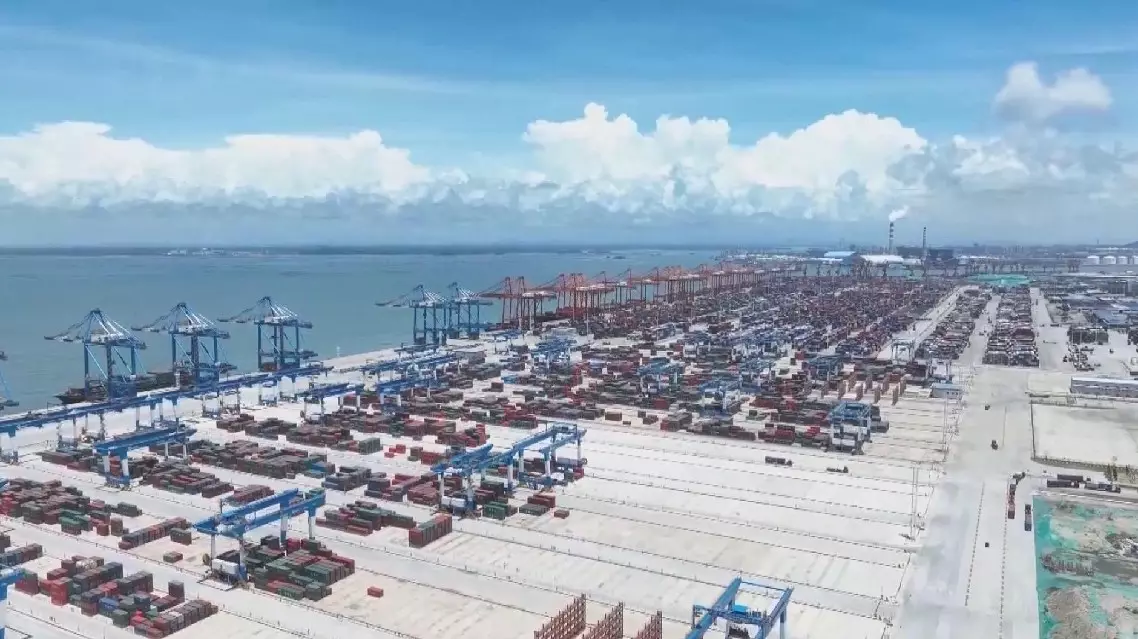
FTA 3.0 between China, ASEAN features upgrades in nine key areas
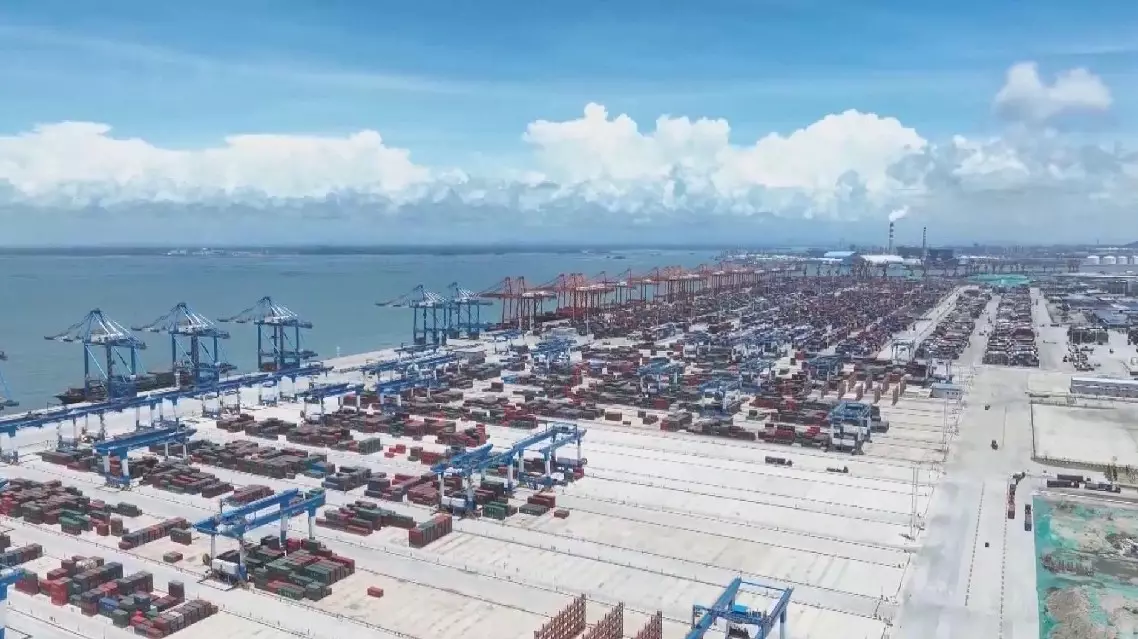
FTA 3.0 between China, ASEAN features upgrades in nine key areas


